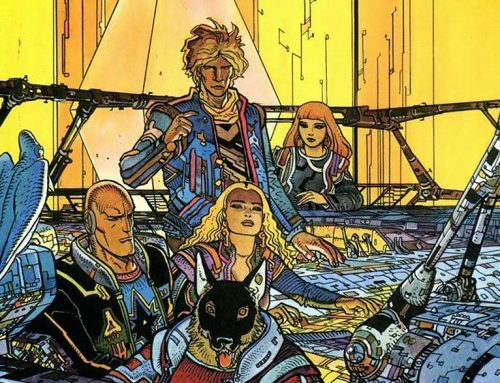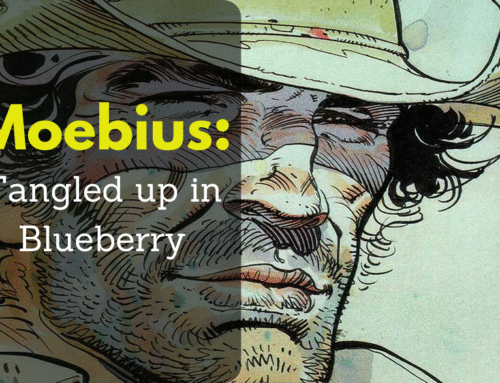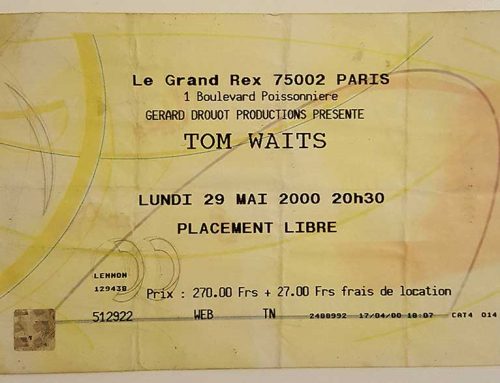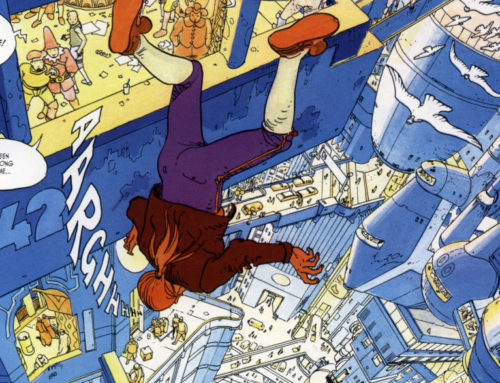A third series of David Lynch’s seminal TV series Twin Peaks premiered this week more than twenty-five years after season two finale, when we last saw the the show’s hero getting possessed by a serial-killing spirit and punching a mirror. Doesn’t that make you feel old?
When Twin Peaks first appeared in the early-1990s it quickly earned a reputation for being one of the strangest TV shows ever. Even now – in the wake of such modern mind-benders as Lost, Fringe and Ashes to Ashes – the small American town where the coffee was always damn fine, the owls were not what they seemed and a dancing dwarf talked backwards is still widely regarded as the benchmark by which all subsequent batshit-crazy broadcasts should be judged. And rightly so.
For those not familiar with Twin Peaks (or if your memory’s a bit rusty), the show centred around the aforementioned Agent Cooper – a clean-cut, out-of-town, Zen-like Fed played to perfection by Kyle MacLachlan – and his investigation into the brutal murder of local homecoming queen Laura Palmer (Sheryl Lee). Back then, the question ‘Who Killed Laura Palmer?’ captured the public’s imagination in just the same way as ‘Who Shot J.R.?’ had done the previous decade. Twin Peaks became a cultural phenomenon: lines from the show were quoted ubiquitously, its theme tune became a Top 10 UK hit and posters depicting its photogenic young stars adorned the walls of many a teenager’s bedroom (I had a Sherilyn Fenn – thanks for asking). You could buy a ‘Secret Diary of Laura Palmer’ from your local bookshop or – if provocative t-shirt slogans were more your thing – an ‘I Killed Laura Palmer’ t-shirt from some dodgy bloke at a market.
The show started out as a compelling TV whodunit, but soon became a byword to describe any surreal TV drama that seemed hell-bent on baffling-the-bejesus out of its audience. It was relentlessly genre-breaking, shamelessly surreal and featured the most bizarre cast of characters ever assembled on the small screen, including the Log Lady (a mystic widow with an ever-present hunk of trunk), Denise/Dennis Bryson (a cross-dressing FBI agent played by a pre-X-Files David Duchovny) and Nadine Hurley (a one-eyed woman equipped with superhuman strength and an obsession with curtains).
Twin Peaks was a cultural phenomenon, and one that was particularly popular in the UK. Britain, of course, already had a long and respectable tradition of producing quirky, peculiar TV shows with eccentric characters like Doctor Who and The Avengers (of the Steed and Mrs Peel variety). Perhaps the British show that Twin Peaks most closely resembled, though, was the 1960s cult classic The Prisoner. Like Twin Peaks, it featured sinister goings-on in a picturesque setting and started off in familiar genre territory before dragging an increasingly baffled audience into a deeply weird fantasy world where anything could happen and probably did.
To put the show’s impact in context, it’s worth remembering that – in the early-1990s – typical American TV imports included the likes of Dallas, MacGyver and Baywatch. In Hollywood circles, TV was looked down upon as the poor cousin of film and there was an immense quality gap between big-budget Hollywood movies and comparatively low-budget American TV shows. While many top movie stars and filmmakers got their big break on the small screen – like 80s Bruce Willis in Moonlighting or 70s Steven Spielberg directing episodes of Columbo – TV was generally seen as the place where future stars would launch their careers and fading stars would be put out to pasture. It was a refuge for wannabes and has-beens, and no self-respecting A-Lister would want to be seen there.
Twin Peaks changed all that. Here was a TV show that was being made by David Lynch, a multi-Oscar nominated avant-garde filmmaker at the height of his powers. Lynch and his co-creator Mark Frost brought to the show the kind of sophisticated storytelling and cinematic style that had never been seen on American TV (or, at least, not on Dallas, MacGyver or Baywatch). In the years that followed, other movie makers followed Lynch’s lead and produced quality programmes for the small screen like Spielberg’s Band of Brothers and Martin Scorsese’s Boardwalk Empire, whilst A-list movie star guest appearances on TV shows became something of a badge of honour. By being one of the first TV shows that was truly cinematic in style, scope and substance, Twin Peaks can be seen as the forerunner for more recent, critically-acclaimed American imports like The Sopranos, The Wire and Breaking Bad.
The Golden Age of TV started with Twin Peaks. Not bad for a small American town where the coffee was always damn fine, the owls were not what they seemed and a dancing dwarf talked backwards.








